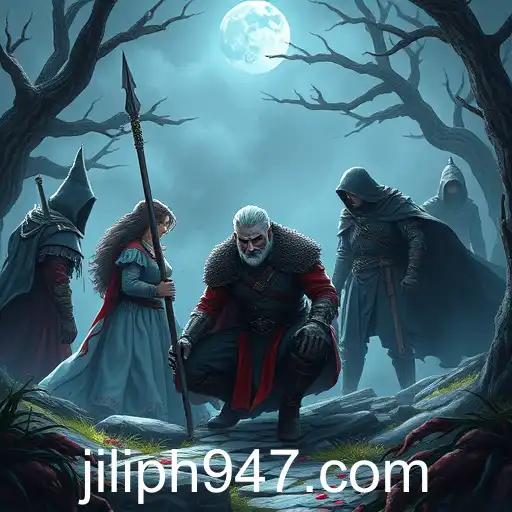In recent years, the category of 'Role-Playing' has emerged as a cornerstone of modern gaming, drawing players into deep narratives and expansive worlds that extend beyond traditional entertainment. Known for its unique ability to blend storytelling with strategic gameplay, role-playing games (RPGs) foster creativity and cultivate communities. With 'ph947' being a keyword that links this genre across various platforms, it's clear that RPGs have created a niche that captivates legions of dedicated fans worldwide.
At its core, an RPG allows players to assume the roles of characters in fictional settings. Whether through video games or tabletop formats, players are given the agency to influence their avatar or character's destiny, making choices that impact the storyline and character development. This dynamic nature of RPGs differentiates them from other game categories, offering an experience that is as personalized as it is engaging.
One of the profound reasons for the popularity of RPGs is their ability to provide escapism through immersive worlds. Games like 'The Witcher,' 'Final Fantasy,' and 'Dungeons & Dragons' have exemplified the genre, offering detailed environments and rich backstories. These expansive worlds not only entertain but also encourage players to think critically and make complex decisions.
Moreover, role-playing has proven to be a collaborative exercise. Games such as 'World of Warcraft' and 'Elder Scrolls' also highlight the communal nature of RPGs, where teamwork and communication can significantly enhance the gameplay. Such features reflect the genre's potential to develop social skills and foster friendships among gamers.
Significantly, the genre's appeal has transcended the realm of gaming to influence various aspects of modern culture, inspiring films, books, and even music. Its growing influence has shaped a culture where storytelling in personal modes is celebrated.
The future of RPGs is promising, with technology like virtual reality and artificial intelligence poised to add new dimensions to gaming experiences, offering deeper interaction with game environments. As developers continue to push the boundaries of what's possible, the role-playing universe is expected to become even more engaging and sophisticated.
In conclusion, the ‘Role-Playing’ genre stands as a testament to the power of immersive storytelling and strategic interaction, bridging the gap between art and entertainment. With continuing advancements and a dedicated fan base, RPGs promise to remain a significant element of the gaming industry. Embracing this genre means stepping into vast worlds of possibility, where your decisions can change the course of history in the realm of your character. Indeed, role-playing is more than just a game; it's an adventure into the heart of imagination.

Dive into the captivating realm of role-playing games, where imagination meets strategy. Discover its significance and impact on the gaming community.




